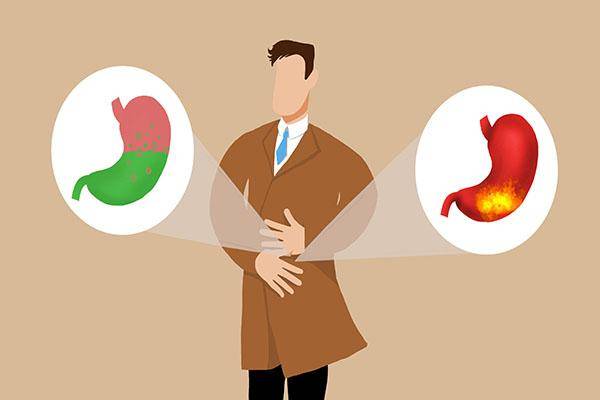When it comes to stomach problems, many people will say it is related to eating, especially some bad eating habits that can exacerbate this issue, such as drinking water while eating, especially when the staple food is dry and hard. Many people do this, thinking that drinking more water will dilute the digestive juices and lead to stomach problems. Is it true? Let me tell you the truth.
In fact, such claims exaggerate the impact of drinking water during meals. It is necessary to change past beliefs. Drinking water while eating does not necessarily dilute digestive juices and cause stomach problems. In reality, not only water but also soups and beverages consumed during meals contain a significant amount of water. If this inference were true, almost everyone’s digestive system would be affected.
Digestive juices play a role in the body’s metabolic processes. During this process, the pressure from food on the stomach stimulates increased gastric juice secretion, promoting digestion. Eating primarily dry staple foods can easily cause choking, and drinking water can help prevent choking.
Indeed, a healthy diet should combine staples and soups, rather than consuming a single type of food. Eating the wrong food can lead to indigestion, which is indeed undesirable.
However, drinking water while eating is not without side effects. For instance, drinking water softens food, aiding in swallowing, but it hinders proper chewing. Inadequately chewed food poses a significant burden on digestion when consumed.
Drinking water during meals can significantly increase the feeling of fullness, causing a reduction in normal food intake. Over time, this reduction in food consumption could lead to malnutrition.
Regarding drinking water during meals, the key issue is the quantity and timing of water consumption. It is advisable to limit water consumption to 100ml during meals; exceeding 200ml is often counterproductive.
Ideally, consuming soup is preferable to drinking plain water. Soup contains richer nutrients than plain water, which is more beneficial for overall health and nutrient absorption. This notion aligns with the popular saying, “eating food and drinking soup promotes longevity and health.”
Whether drinking water or consuming soup, timing is crucial. It is recommended to drink water half an hour before meals to stimulate the digestive system, increase saliva production, and avoid interference with digestion.
As for consuming soup, it is recommended after meals. Some individuals drink soup before meals to curb appetite for weight loss, leading to reduced food intake. In most cases, a bowl of soup is served at the end of a meal, aiding in digestion and promoting health.
While consuming soup during meals, the volume should be minimal. Excessive soup consumption can increase gastric acid secretion, potentially damaging the stomach lining and leading to ulcers over time.
As for drinking beverages during meals, it poses more significant risks to health. Beverages can dilute gastric juices, contain more additives and preservatives, significantly impacting gastric acid secretion, disrupting acid-alkaline balance, and affecting digestive health negatively.
Drinking water during meals does not cause stomach problems. It is essential to maintain a scientifically balanced diet. When it comes to what to drink, soup is better than water. Pay attention to the amount and timing of consumption to prevent bodily harm. Always be cautious and prioritize health in your dietary choices.


